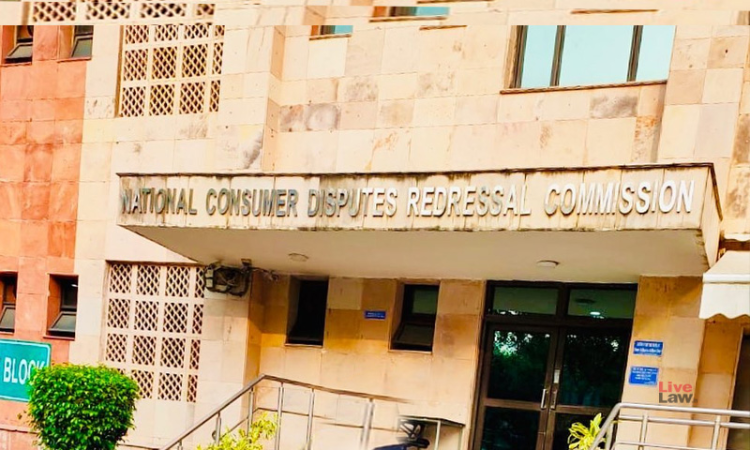Why Has NCDRC Muted Technology?
SANJAY PINTO
19 Nov 2021 5:39 PM IST

Against the backdrop of the labelling of virtual courts as the "new symbol" of the Indian judiciary by the erudite and sagacious Justice D.Y. Chandrachud of the Supreme Court, there has been an ironic fallout. The National Consumer Disputes Redressal Commission (NCDRC) – the country's highest tier for the adjudication of consumer disputes located in New Delhi, has decided to completely dispense with virtual and hybrid hearing of cases and have only physical appearances. As a counsel and consumer activist at heart, I am disillusioned.
Hearing through video conferencing on the NCDRC's webex platform, save for inevitable teething problems, had been going on quite seamlessly all this while. It is not clear if the bar and consumer organisations were consulted before the notification was uploaded on its website. The decision smacks of insensitivity with shocking disregard for the ground reality.
The possibly unilateral decision has hit outstation counsel and parties-in-person from outside Delhi. With the Covid pandemic still lurking, advocates and parties who have unvaccinated children or elderly parents and grandparents with co-morbidities, will now have to choose between the health and safety of their families that could be jeopardised by outstation travel by flight or train and their cases, which, for all you know, may end up getting routinely adjourned. The Right to Life under Article 21 of the Constitution of India is guaranteed and includes the right to take precautions to avoid travel during a pandemic.
Those who do not have Delhi based Co-Counsel will face a financial drain to arrange for representation before a Commission that is the creature of beneficial legislation in terms of minimal court fee. For that matter, even local advocates may have individual risk factors and their own vulnerability.
While we are aware that the statutory timeline of 3 to 5 months for disposal of consumer complaints is a joke, as there are even original complaints pending for over a decade and adjournments can be as long as 6 to 8 months, what rankles is that a forum that is meant to be the most citizen friendly has decided to mute a technological revolution. Remember, this is a body that has a specific legislative mandate to allow parties to represent in person, that shall not be bound by the rigours of the Civil Procedure Code as per Section 26 of the Consumer Protection Regulations, 2005, and that provides for electronic filing of complaints under Section 35 of the new Consumer Protection Act, 2019.
It will not hurt the National Commission to provide at least outstation counsel and parties the option of virtual hearing till the corona scare subsides. If there are financial reasons, this option for outstation parties may be made chargeable. The apparent resistance to continue with technology is quite inexplicable. Substantial public funds have been pumped in to put this infrastructure in place.
I find it strange that the doctrine of 'open justice' is being cited against virtual courts. It is common knowledge that in most courts, access is limited to advocates and litigants whose names appear on the cause list. As live streaming is, in any case, being worked on, virtual courts will only advance the cause of 'open justice'. In a landmark case of Naresh Shridhar Mirajkar Vs State of Maharashtra, the Supreme Court had held that, "a court of justice is a public forum. It is through publicity that the citizens are convinced that the court renders even handed justice and it is therefore necessary that the trial should be open to the public." Isn't this requirement all the more relevant to consumer fora?
What I am advocating is the best of both worlds - the optional hybrid system, in a body that, as per the Statement of Objects and Reasons of the 2019 statute, is "to address the myriad and constantly emerging vulnerabilities of the consumers". What can be a bigger vulnerability than the corona scare?
(Sanjay Pinto is an advocate practising at the Madras High Court, Legal Columnist, Author & Former Resident Editor of NDTV 24x7)


